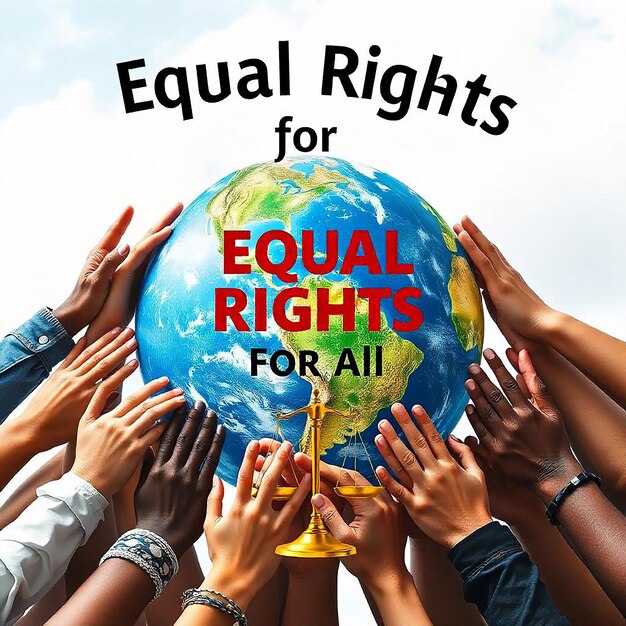Economic, social, and cultural rights (ESCR) are essential for creating a world where everyone has the opportunity to live with dignity. These rights, outlined in the International Covenant on Economic, Social and Cultural Rights (ICESCR), aim to protect individuals’ basic needs, such as access to food, shelter, healthcare, education, and the right to participate in cultural life. They are fundamental to human development and a fair, inclusive society.
Economic rights ensure that individuals have the right to work under fair conditions, receive a decent wage, and have access to social security. Everyone deserves the chance to earn a livelihood and support their family in an environment free from exploitation or discrimination. Yet, economic inequality remains a global issue. According to the World Bank, over 700 million people live in extreme poverty, struggling to meet their basic needs due to a lack of fair employment opportunities and access to resources.
Social rights focus on access to essential services such as healthcare, education, and adequate housing. These rights play a crucial role in lifting individuals out of poverty and improving overall well-being. However, millions of people around the world are denied these basic rights due to systemic inequalities and underfunded social systems. For instance, the World Health Organization (WHO) reports that at least half of the world’s population lacks access to essential health services, contributing to preventable illnesses and death.
Cultural rights, on the other hand, ensure that people can freely participate in cultural life, preserve their traditions, and express their identities. These rights are vital in protecting the heritage and diversity of communities around the world. However, marginalized groups, including Indigenous peoples and ethnic minorities, often face challenges in exercising these rights due to discrimination, assimilation policies, and the erosion of their cultural heritage.
At Oahr.org, we advocate for the protection and promotion of economic, social, and cultural rights as they are key to reducing inequality and fostering inclusive societies. By ensuring access to education, healthcare, fair wages, and cultural participation, we can create a world where every person can thrive and contribute to their community.

